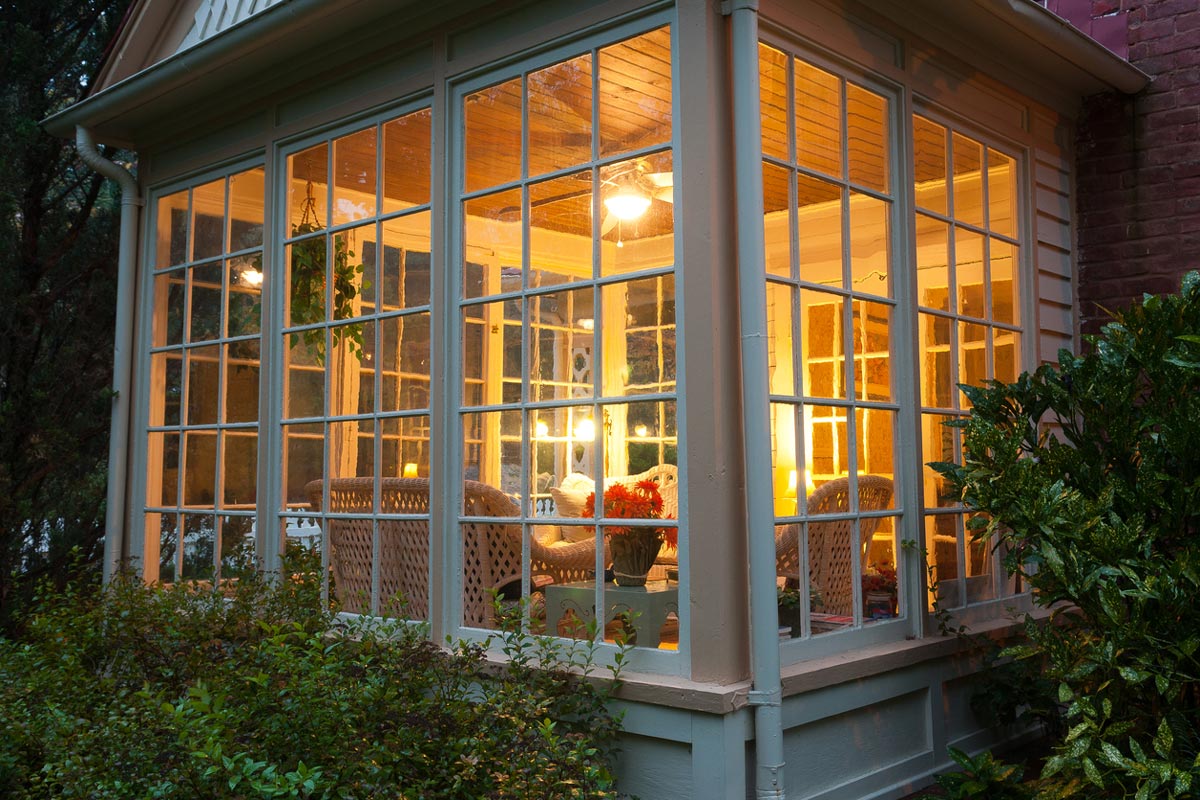Expanding your home is an exciting way to create more space, increase property value, and improve your overall living experience. Whether you’re adding an extra bedroom, a new bathroom, or even a second story, home additions can be a significant investment. If you’re considering a home addition in Colorado, understanding the costs involved is crucial for budgeting and planning.If you’re considering a home addition in Colorado, understanding the costs involved is crucial for budgeting and planning.
In this guide, we’ll break down the factors that influence home addition costs in Colorado and provide an estimate of what you can expect to pay.
Factors That Affect Home Addition Costs in Colorado
Several factors determine the cost of a home addition, including the size, type, materials, labor costs, and location. Here are the key elements to consider:
1. Size of the Addition
- The larger the addition, the more materials and labor will be required.
- Home addition costs are typically calculated per square foot.
2. Type of Addition
- Bedroom or Living Room Addition: Adding a new room typically costs less than kitchen or bathroom additions.
- Bathroom Addition: Bathrooms require plumbing and electrical work, making them more expensive.
- Kitchen Expansion: Kitchens require cabinets, countertops, appliances, and plumbing, making them one of the most expensive additions.
- Second Story Addition: Requires structural reinforcement, roofing adjustments, and major construction, leading to higher costs.
3. Materials & Finishes
- High-end finishes (granite countertops, custom cabinetry, hardwood flooring) will drive up costs.
- Standard materials can help keep costs lower.
4. Labor Costs
- Labor rates in Colorado vary based on location, experience, and demand.
- Urban areas like Denver and Boulder tend to have higher labor costs than rural areas.
5. Permits & Regulations
- Most home additions require building permits, which add to the overall cost.
- Some areas in Colorado have strict zoning laws and HOA requirements that may impact construction.
Cost-Saving Tips for Home Additions in Colorado
If you’re looking to save money on your home addition project, consider the following tips:
1. Plan Ahead
- Detailed planning helps avoid unexpected costs and delays.
- Work with an experienced contractor to ensure accurate budgeting.
2. Choose Cost-Effective Materials
- Opt for mid-range materials instead of high-end finishes.
- Consider pre-fabricated components where possible.
3. Compare Multiple Contractors
- Get quotes from at least three contractors to compare pricing and services.
- Check reviews and references to ensure quality work.
4. Do Some Work Yourself
- If you’re handy, take on tasks like painting, flooring installation, or demolition to reduce labor costs.
5. Time Your Project Wisely
- Construction costs can fluctuate throughout the year. Scheduling during off-peak seasons may help you get better rates.
Final Thoughts
Expanding your home in Colorado is a smart investment, but understanding the costs upfront is key to a successful project. By factoring in the type of addition, materials, labor, and permits, you can set a realistic budget and avoid surprises along the way.
Ready to get started? Consult with local contractors to get accurate estimates and make informed decisions. With the right planning, you can boost your home’s value and enjoy your new space for years to come!





























